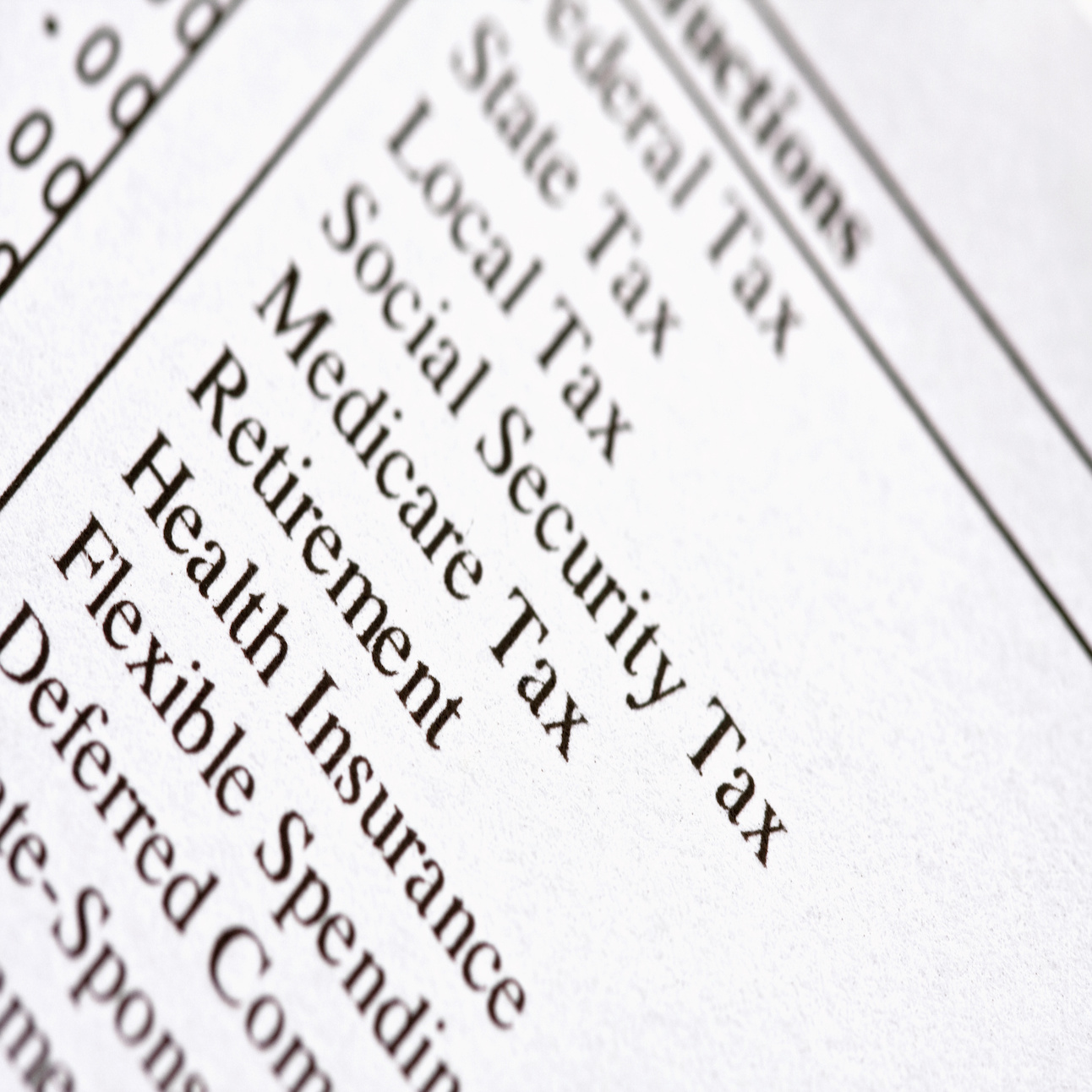
Are you looking for a way to reduce your student loan debt? Loan forgiveness programs can be an excellent option for those who qualify. But what type of loan qualifies for loan forgiveness, and how do you know if it’s the right choice for you? In this blog post, we’ll take a look at the types of loans that are eligible for various forms of loan forgiveness and discuss the pros and cons associated with each program. We’ll also provide tips on how to determine which is best suited to your particular financial situation. By the end, you should have all the information needed to make an informed decision about whether or not loan forgiveness is right for you. So let’s get started!
Overview of Loan Forgiveness Programs
There are a few different types of loan forgiveness programs available, but in general they all fall into one of two categories – federal or private. Federal loan forgiveness programs are offered by the government and can help you reduce your student loan debt by forgiving some or all of it. Examples include the Public Service Loan Forgiveness (PSLF) Program, Teacher Loan Forgiveness Program, Perkins Loan Cancellation, and Discharge Programs, Income-Driven Repayment Plans, and more. Private loan forgiveness programs are offered by banks and other lenders, typically as part of a refinancing package for existing loans. These may offer partial forgiveness on certain loans under specific circumstances. Examples include Gradifi’s Student Loan Refinancing program, SoFi’s Student Loan Refinancing program, and Citizen Bank’s Education Refinance Program.
Types of Loans That Qualify for Loan Forgiveness
The types of loans that qualify for loan forgiveness vary depending on the program you’re applying to. Generally speaking, most federal loan forgiveness programs are available for Federal Direct Loans and Consolidation Loans. The Perkins Loan Cancellation Program is only available to those with Perkins Loans. Private loan forgiveness programs may have different requirements, so be sure to check with your lender before assuming any loans will qualify.
Eligibility Requirements for Loan Forgiveness Programs
To qualify for loan forgiveness, you must meet certain eligibility requirements. For federal programs, these requirements vary depending on the program and may include factors such as your income level, type of job or service performed, length of time making payments, and more. Private loan forgiveness programs have their own set of criteria that you must meet to be eligible.
Assessing Whether Loan Forgiveness is Right for You
Before deciding whether or not loan forgiveness is right for you, there are a few important things to consider. First, make sure you understand all the terms associated with the loan forgiveness program so that you know exactly what you’re getting into. Second, calculate how much money you would save if your loans were forgiven, as well as the amount of time it would take to pay off your loans if you chose not to pursue loan forgiveness. Finally, consider other options such as deferment or forbearance that may provide temporary relief from your student loan payments without the need for loan forgiveness.
How to Apply for a Loan Forgiveness Program
Once you’ve determined that loan forgiveness is right for you, the next step is to apply. For federal programs, you can apply directly through your loan servicer or go through the Department of Education website. Private loan forgiveness programs may require a separate application process, so be sure to check with your lender.
There are several different types of loan forgiveness programs available for those who qualify. However, it’s important to weigh all of your options carefully before deciding if loan forgiveness is right for you. Make sure to do your research and consider all factors before applying for any type of loan forgiveness program. With this information in hand, you should have all the tools needed to make an informed decision about whether loan forgiveness is the best option for you. Good luck!
6 Tips on Maximizing Your Chances of Getting Approved
1. Read the requirements and rules for each program carefully to make sure you qualify
2. Gather all necessary documents and paperwork
3. Double-check every detail of your application before submission
4. Follow up with your loan servicer or lender as soon as possible if there are any issues or questions
5. Stay organized and keep track of important deadlines
6. Consider other options such as deferment or forbearance that may provide temporary relief without the need for loan forgiveness
Common Questions About the Process of Applying for a Loan Forgiveness Program
Q: What documents do I need to provide?
A: Generally, you will need to provide proof of your income and expenses, a copy of your loan statement, and possibly other documents depending on the type of program you’re applying for. It’s important to check with your lender or loan servicer to make sure you have all the required documents ready when submitting your application.
Q: How long does it take to be approved for loan forgiveness?
A: The answer depends on the type of program you’re applying for. Some programs may take several months while others may take up to a year or longer. Be sure to check with your lender or loan servicer for exact timelines and details.
Q: Is loan forgiveness taxable?
A: The answer depends on the type of program you’re applying for. Generally, if the forgiven amount is considered “income,” then it may be subject to taxes. Check with your tax advisor for exact details or consult IRS Publication 4681 for more information.
We hope this guide has helped understand loan forgiveness programs and how to maximize your chances of getting approved. If you have any further questions or need help applying for a program, please don’t hesitate to contact us! We’d be happy to assist you in any way we can. Good luck!


